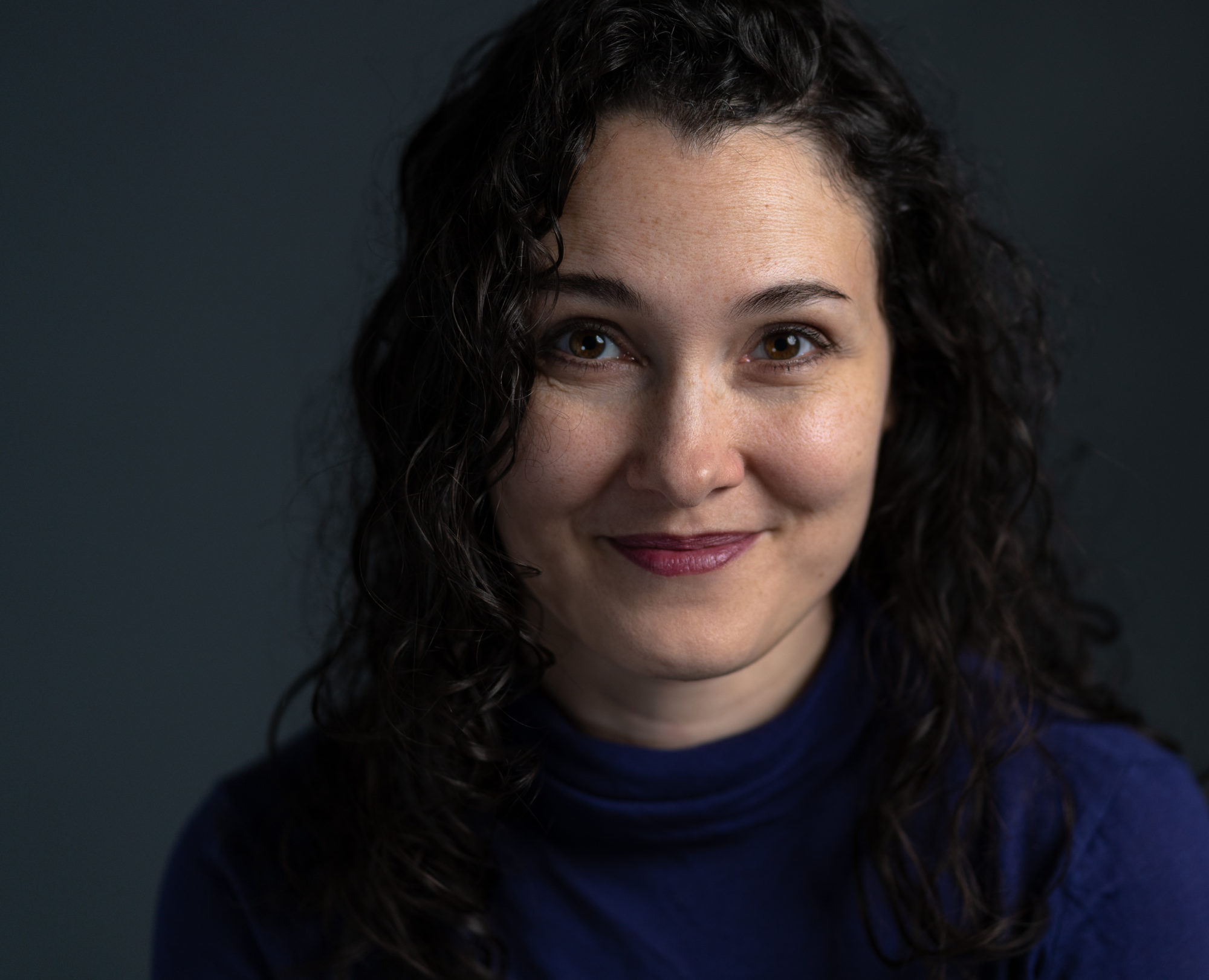
I’ve noticed a disturbing trend in society… one that goes pretty much without being questioned. It is one of those cultural practices that gets imbedded in to the fabric of society. I see it in the entertainment industry, among people of faith, and in the political realm.
It all starts with some kind of behavior or point of view that we consider unacceptable. Such behavior is not new, we have run into it throughout history. In the days of the Spanish inquisition it was what the church deemed as “heresy.” For the Salem witch trials, it was any behavior or suspicion of the practice of “witchcraft.” In the McCarthy era, it was anyone who could possibly be associated with “communism.” There was so much fear around these unacceptable ideas that people were blacklisted and treated as if they had a plague for even being associated with people who might be associated with such ideas.
They were ostracized and sometimes even killed, whether or not they truly were communists and witches or heretics. And so, because of the pandemic fear in larger society of certain brands of evil, we made grave mistakes. In an effort to uproot possible “monsters” of deception or harm, we in turn, became the monsters ourselves. Hot button words like “communist or heretic” would push those buttons of fear in people. When others were labeled with these words, the stain was hard to erase, no matter how true it was.
Today, we are passionate about certain issues, as many of them we should be. There is real truth that we desire to protect. Our hot button issues and buzzwords have changed. Now these might include words like, “racist, homophobic, and misogynist.” As much as we despise the viewpoints that some people with that label might have, ostracizing and blacklisting people is not going to solve the problem. It feels good and safer to distance ourselves from people that we deeply disagree with— the only problem is that when we distance ourselves, we unintentionally deepen the grooves of division and strife within our nation.
If we are not willing to engage in conversations with people that we think are “the problem” how will the problems we perceive ever be solved? Are we so weak minded that we are afraid that their racism or misogyny or homophobia will “get on” us as if it is a disease to be caught? If there was a word for the fear of being labeled as such, I’m sure it would apply here. If our ideals have any strength at all, they will surely stand even when tested in the crucible of brave conversations.
Yes, there is risk in reaching out to someone who is different from you. You may yourself be labeled as something you’re not. You may be considered a heretic, whatever heresy may mean in your circles. But I encourage you to ignore the labels and to keep engaging the “other side” intentionally and deliberately.
Facebook won’t show you how to do it. In fact, most social media platforms will lead you away from it. In a world of likes and affirming emojis, we prefer to only have conversations with people who are nodding their heads and giving us the thumbs up. But it’s the conversations where silence ensues and where there is a furrowed brow that really invoke change. There is pain in change. Change goes both ways. We have to invest in change, willing to be the first to change if we discover inconsistencies within ourselves. So today, I plead with you, stop distancing and start a purposeful, intentional, brave conversation.
To join our private conversation group, ask to join here.
